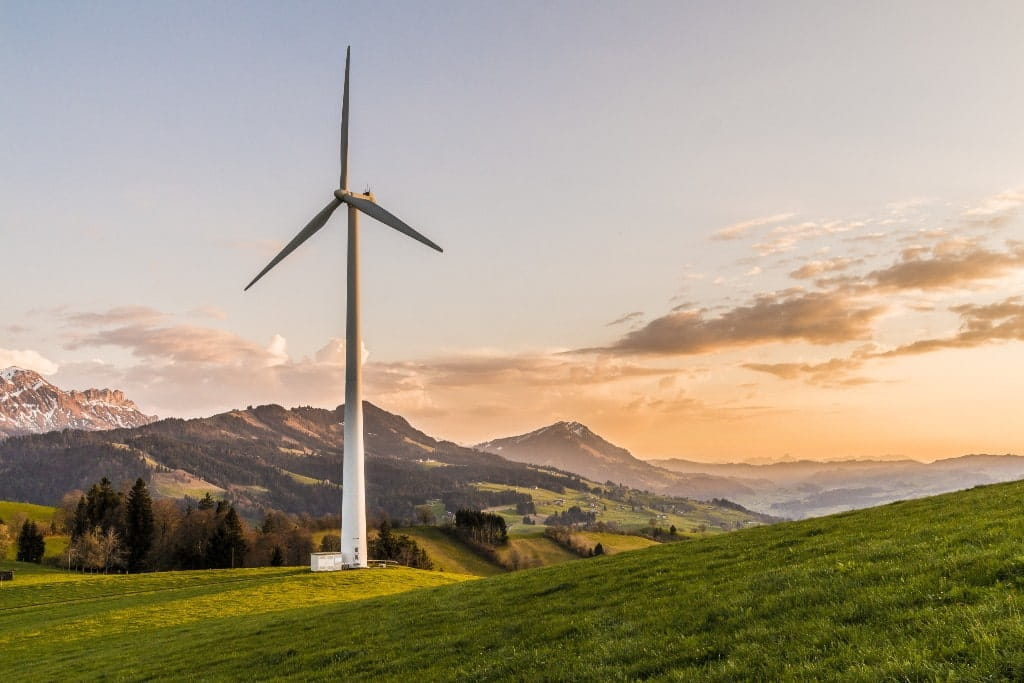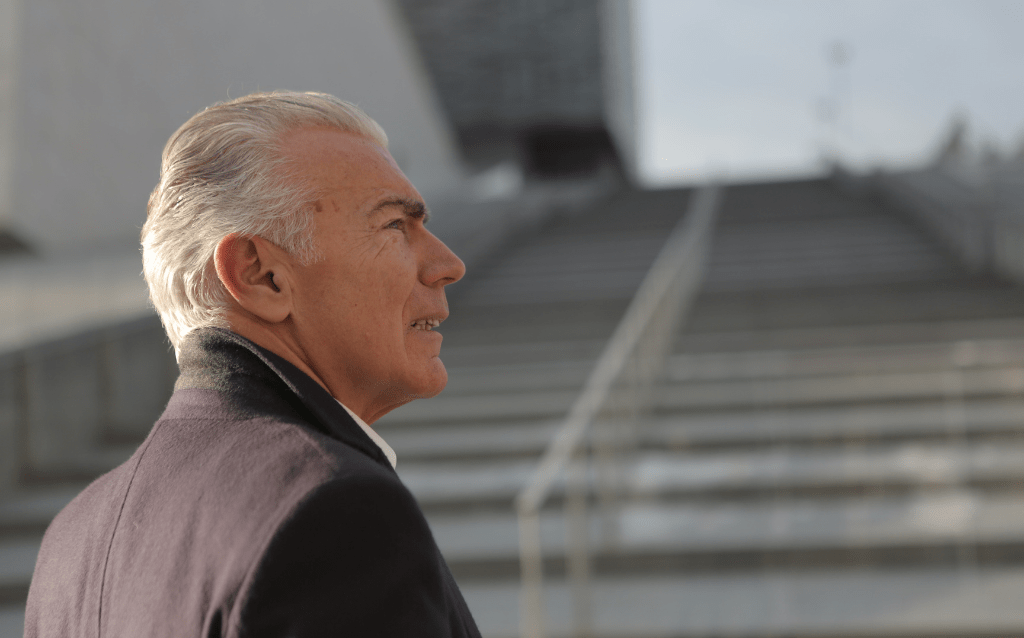This article is authored by Marieke Bos van den Berg, Group SVP HR Northern Europe & DACH.
The climate crisis is a multi-faceted challenge with many ramifications, but it is one we all face together. Desk workers, farmers, CEOs and doctors all face the same ultimate challenge, but in their own specific ways. The world of work is a platform that connects so many of these facets. Therefore, business leaders and their companies are uniquely placed to influence our response to the crisis. The past few years have exposed a chasm between the perspective of the workforce and that of employers. The Adecco Group's Group SVP HR Northern Europe & DACH, Marieke Bos van den Berg, explores both objectives in an attempt to reconcile them and move towards a joint solution.
There is a new dynamic in the labour market. First, an overall skills shortage that is 1) qualitative i.e. not the right skills, 2) quantitative i.e. limited availability of talent, and 3) geographical i.e. a mismatch between business growth and available workforce. Employees of all generations are redefining how, where and when they work and what they expect from their employer in terms of values, purpose and commitments.
On top of that we are confronted with floods, fires, droughts, storms, and other dire consequences of climate change. At the time of writing, the Committee of Parties 27 (COP27) has started in Sharm-El-Sheikh. Political and business leaders are claiming an acute sense of urgency to take action and combat the climate crisis. It is the younger generations entering the world of work now who will be holding them accountable for these changes.
How can future talent and employers work together to create a climate positive impact in this new labour market dynamic? Let’s look at it from both sides of the coin.
The talent perspective
Millennials, as opposed to their parents, grew up with mobile phones. For them, that technology is just part of life. For Gen Z, climate change is a constant. It's always been there: they don't know any different. They are learning about the state of the planet in school, college and university and often join the world of work in a state of high eco-anxiety. This new generation is expected to be deliberate in the choices they make for their career and how they align with their convictions around climate change and sustainability.
Many are choosing degrees with sustainability in mind. They are examining prospective employers for their green credentials and ask about the sustainability agenda of a company. This does not mean Gen Z limit themselves to green jobs, B corporations and NGOs. But they will want to make a positive impact on the planet through their work. So, it is likely that they will closely examine the sustainability agenda of their future employers.
Over one third of Gen Z and millennials cite addressing climate change as a top concern for them personally. Yet, The Adecco Group’s Global Workforce of the Future Report 2022 reveals that only 57% of workers are satisfied with their employer’s position on major societal issues.
Employers build their future around the current and upcoming generations. So how do we prepare for this new workforce that is all about sustainability – and draw out the very best of its strengths?
The employer's perspective
Many companies are finding their sustainability narrative. Increasingly, companies are reporting on ESG metrics against common systems in the hopes of progressing towards common goals. As of 2020, 88% of publicly traded companies had ESG initiatives in place - the same goes for 67% of private companies.
This is great, but employers should also reconsider their employee value proposition and how they can attract an eco-conscious new generation into their workplace. Employers have an opportunity to not just think about the office carbon footprint but to completely embed sustainability throughout the company. For example, ESG commitments can and should go way beyond office lighting, printing, recycling, catering and plastic use. At its core, it sustainability is about people.
The Global Workforce of the Future report shows that skills are a key piece of the talent attraction and retention puzzle. 77% of non-desk workers feel like they have a significant skills gap and yet only 23% of workers worldwide have had a conversation about career progression with their manager. There is an opportunity for employers to encourage career dialogue and ensure employees feel supported in their future development.
The shop window of a company shows its strategy, purpose, and values and this is often the first place a candidate looks when assessing a future employer. The approach taken in training, career progress, hybrid working, flexibility and mental health all play a significant role in attracting and retaining talent.
Most importantly, corporate empathy should be a pillar of practice. Employers should ask their employees for ideas, seek their feedback and herewith leverage the collective brainpower. This is the green glue that bonds people in shared responsibility and action.
We cannot just rely on governments and other institutions to solve the climate challenge. We all have to take action – both privately and through our work. Companies have a responsibility towards society at large as well as their employees. Talent around the globe has been rethinking their jobs, and they are very keen to work for companies that are aligned to their values, or where they can fulfil their own purpose, and now is the time to harness that thinking.
The Adecco Group has a daily reach into thousands of talents and businesses and each business has its reach into the lives of its employees. It’s a vast, interconnected network of people. At the Adecco Group, we strive to foster positive thinking, innovation and action with the aim to shape a better, greener future that works for everyone.



